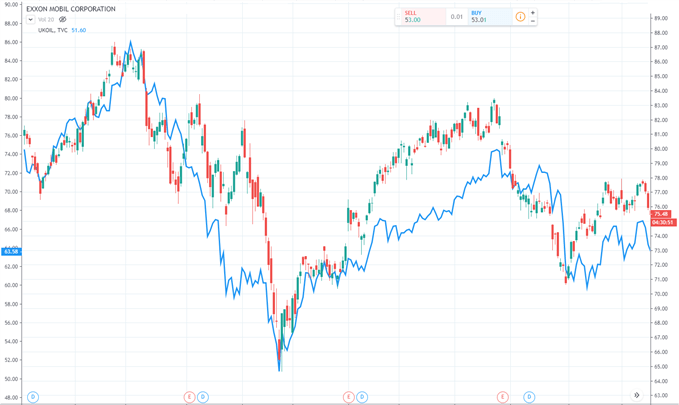Stock Sectors: The Basics You Need to Know (Part 1)
Pipscollector.com - The global stock market can be categorized into specific groups or ‘stock market sectors’. Organizing the vast number of stocks in this way helps traders to view assets in a more manageable way when trading.
Stock sectors’ performance can substantially differ – some sectors follow the fortunes of the underlying economy while others perform better during economic downturns. Knowing the characteristics of different stock sectors enables traders to progress to more advanced equity analysis, for example, how to value a stock.
This article analyzes each sector relative to the broader economy while providing additional resources to assist in your trading journey. As a complementary guide, it may be helpful to read how the stock market affects the economy as this article refers to some of the topics that are discussed there.
The 11 stock sectors are presented in accordance with the Global Industry Classification Standard (GICS).
Industrials

The industrial sector is comprised of companies that produce or provide services relating to machinery and equipment that is used in manufacturing and construction.
In general, stock market sectors are related in varying degrees to the underlying economy and industrial stocks happen to be particularly sensitive to its ups and downs. Stocks that move in a similar manner to the general economy are called ‘cyclical stocks’ – as their performance is closely related to where the economy is situated in the business cycle.
When the economy grows, factories increase their capacity to meet increased aggregate demand, resulting in increased revenues. When the economy is in a slump, businesses and consumers spend less. Reduced spending (demand) has a knock-on effect resulting in lower sales and lower revenues for industrial shares.
Therefore, whenever trading industrial stocks or any other cyclical stocks, it is beneficial to have a solid understanding on where the economy is currently and where it might be headed. Traders often use an equity index as a benchmark for the performance of the wider economy. Top indices can be viewed on our major stock indices page and include: S&P 500, FTSE 100, DAX 30, ASX 200 and the Hang Seng Index.
Popular industrial stocks include:
- General Electric Co. (CE)
- Caterpillar Inc. (CAT
- Uber Technologies (UBER)
- United Airlines Inc. (UAL)
Basic Materials

Basic materials or raw materials include oil, gold, paper and stone. The most common materials in the stock sector are mined products, like metals and ore for example. This sector therefore includes companies involved in the discovery, development and processing of raw materials.
Many businesses rely on companies in this sector for inputs they need to produce a final product. For example, furniture manufacturers rely on companies that physically cut down, collect and transport trees that are then refined into usable wood to be used in the final product.
Generally speaking, basic materials occur naturally, and most are finite in nature. Others are reusable but are still constrained in supply at any point in time.
Popular basic materials stocks include:
- DuPont de Nemours Inc.
- BHP Billiton
- ArcelorMittal
- Rio Tinto
Energy

The energy sector comprises stocks that are directly or indirectly involved in the production or distribution of power for the economy. These companies operate in one or more of the following: oil and gas drilling and production, pipeline infrastructure, electricity and natural gas utilities, mining companies, renewable energy and chemicals.
The companies within the industry fall into either the non-renewable or renewable energy category. The latter has seen increasing interest in recent years.
Energy stocks tend to fluctuate based on the price of the underlying commodity, among other factors. This relationship makes sense because the price of the underlying commodity determines what the producer can sell it for.
The chart below depicts how closely Exxon Mobil had moved with the price of oil:

Therefore, when trading energy sector stocks it is essential to keep an eye on the price of the underlying commodity as well.
Discover the most traded commodities along with what moves the market by visiting our commodities page.
Popular energy sector stocks include:
- Exxon Mobil
- BP
- Royal Dutch Shell
- Chevron
Read more articles in the Educational Content category to update the latest forex knowledge from Pipscollector.
- Pipscollector (Cre: DailyFX) -
